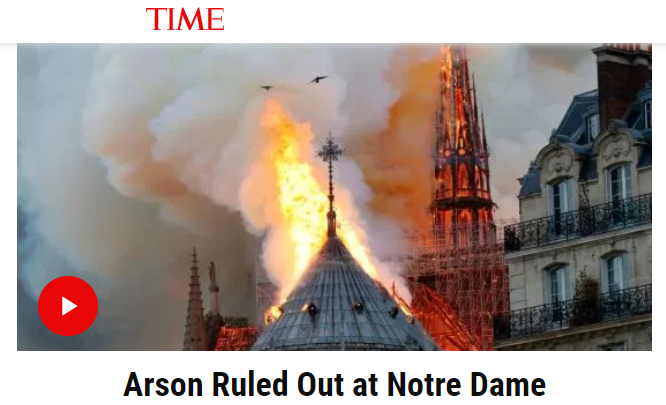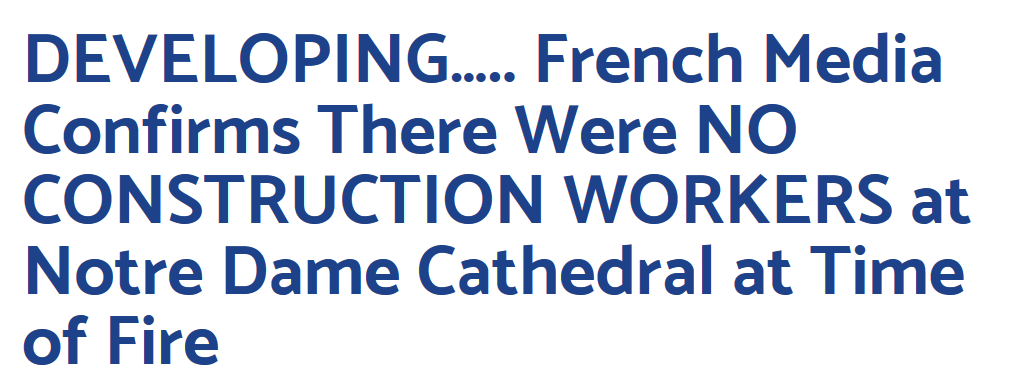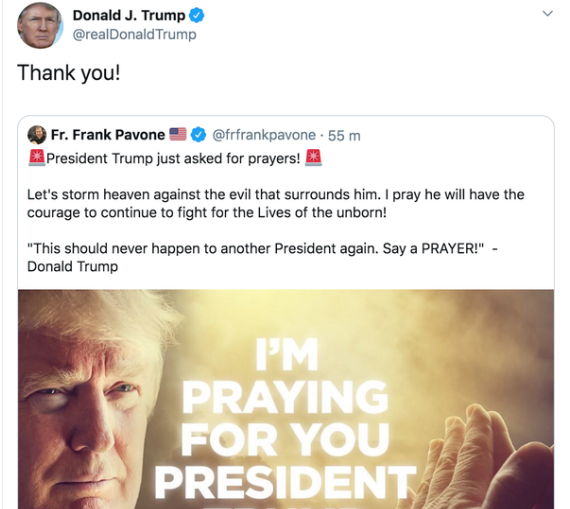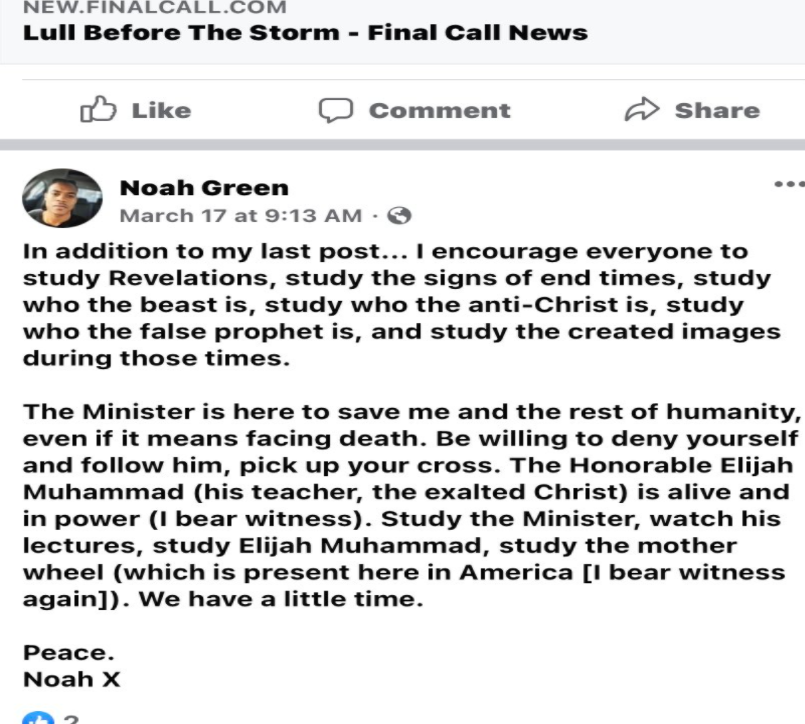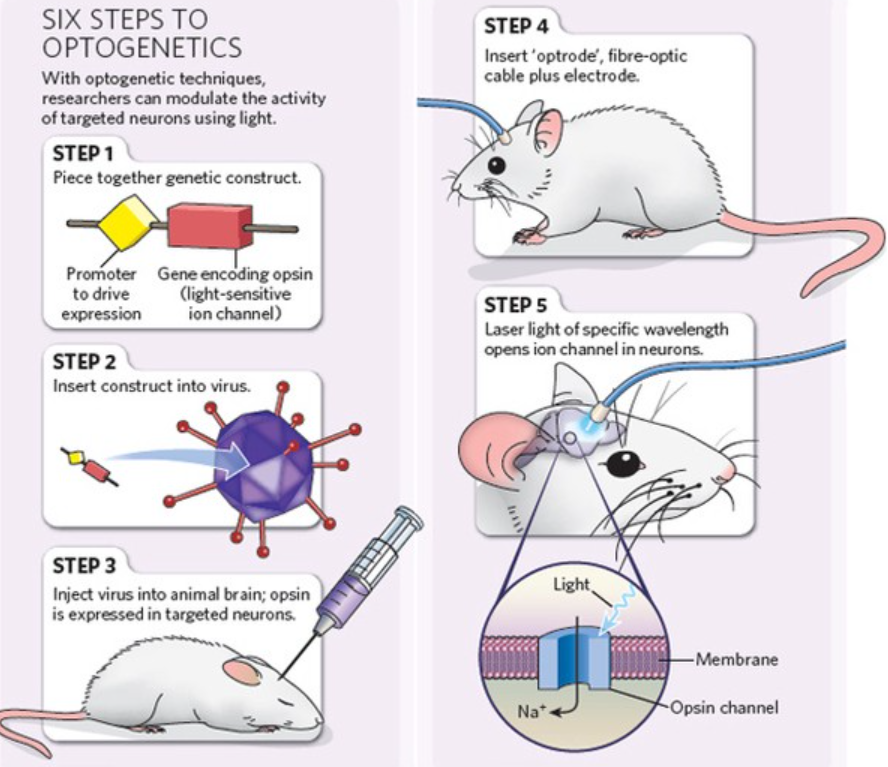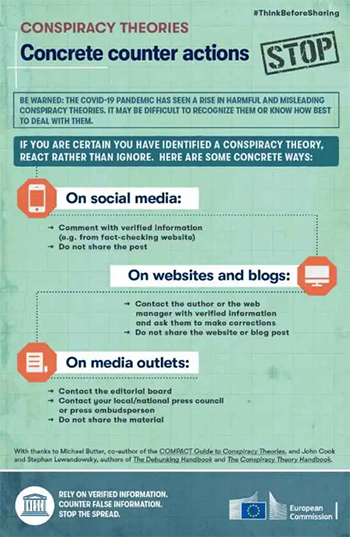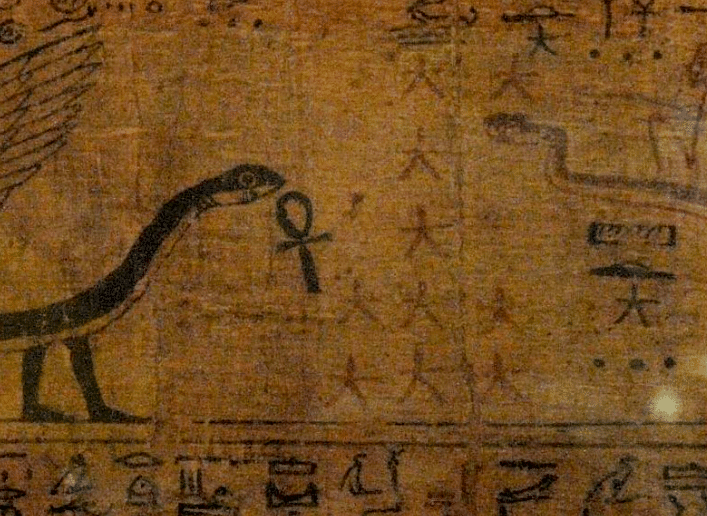| Lk.6 : Christ appoints his Firstfruits attribute which he won across the 144,000 [version ; 2025-04apr.25- ] |
25 april lines 1-8
26 april : continued
| a spoiler , please : to right , the waving of the sheaf by the high priest — searching for confirmation of our (firstfruits) date this chapter came along : IF the interpretation is correct – and the first lines appear Solid – then it must be a complete confirmation ; yet presenting this with a huge knot in the tummy since there is no indication whatsoever that He is to get us now for it’s the same dark and desolate around as ever.. |
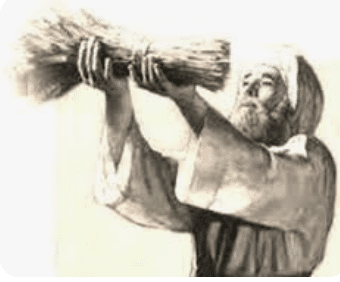
|
theme
… until these days we haven’t really got to the ‘firstfruits theme’ , perhaps because
of the many óther themes needing attention , or perhaps the time wasn’t right still ;
but remembering the Revelation line about “the 144,000 being the firstfruits”
it feels a bit .. silly for not having seen before the logical buildup of this theme
this chapter is most curious ; perhaps best first read the fulltext please then do
see the (readable !) breakdown below it — for “the major theological issue” in the
restored text that is as surprising as it is refreshing does require falsification ;
be aware that it is a re-composed text from three gospels now as óne story-line
continued through several seemingly different events [-as Esau’s type corruption]
as the reason that you will feel ‘bumps’ in the text :
Luke 6 [& mirrors]
fulltext :
1
and it happens after Passover , on the day of Firstfruits ,
that he goes through the barley fields ,
and his disciples are gathering sheaves of it +
to take them as the offering to the temple ;
2
and the Pharisees wonder , saying to him :
behold ! , what are your disciples doing ?
is it about the return of you , which will not come to pass (-anyway) ? ;
3
and he says to them :
surely the sons of Ishral will understand what I am about to do ,
when they will have restored the scroll and will be exhausted ,
searching for the day that I will gather them ;
4
so that they will remember how in the tabernacle of God +
on this day the high priest lifted up +
the sheaf of the firstfruits before him ,
[that – represented – the resurrection – by the sacrifice of – the Son] , [< difficult]
which I will give to them +
and the ones that will be with them ; [‘all the 144,000’]
5
for they will have understood from the scroll ,
that on the final Passover Adam will be chosen as flockling ,
and he will die for his transgressions ; [or ‘be sacrificed for’]
7
and they will knów when this will be , [7 : important :]
for they will have died to themselves
and will have made sacrifice unto God +
by having made recompence for his (Adam’s) transgression ;
8 [8 : unknown , intro to 5 ?]
5 [Lk.6 – part II :]
because to the sons (‘you & we’) will be given the number (?) 1000 (?)
that was by the ten (?) of Adam +
for the city of [mystery-] babylon (sabbaton=babylon) ; [5 : attempt & see Lk.17]
6
then the Lord and his disciples departed , +
and entered into the temple for the offering ,
while the disciples carried in their hands
the sheaves that they gathered from the field ;
7
and the Pharisees that also had come along watched him closely ,
whether he would make a mistake (?) ,
so that his offering (?) would be disqualified ; [7 : b/c they knéw the theme ?]
8
but he knew their thoughts ,
and says unto his disciples holding the sheaves in their hands :
lift them up , and go stand before (or ‘around’?) the altar ;
and they lift them up , and stand forth ;
9 [next lines : the 12 x 12 x 1000 theme :]
then Jesus says unto them :
I am connecting you in this day of firstfruits +
to the sons of Jacob , as the fathers of the twelve tribes ;
12 (!)
and when the days of the end will have come to pass ,
you will be connected to the remnant of Ishral ; [‘144,000’]
therefore – [… 2x unknown …] ,
while I be praying to the Father now ;
10
then , looking around to all of them , he says to them :
pray for the sons of Ishral that they will hearken unto God ,
so that they will restore his scroll and understand all of the themes ; +
13
because then the days will have come to pass , [13-16 : as in Rev.7 :]
that he will call their brothers ,
and I will gather all of them as the 144,000 , [sons & daughters]
who will have come from the tribes of Ishral : +
14-16
[full list of all names of the twelve tribes] ;
17
[too corrupted : intent : “then all of the house of Jacob will be saved”]
11
and the Pharisees were filled with rage ,
and plotted with eachother in what manner they should corrupt his words .
end of section —
breakdown :
what were He and the disciples doing in the field ?
… they were not ‘eating’ as an intro to “not working on the sabbath” as the form
Esau turned this event into – but then what ?
in the first lines (here) ‘David and the former temple’ showed but a combination
of ‘barley and temple’ must have been “firstfruits” or better “lifting up the sheaf” ,
but what was the continuation after line 5 ?
what if next section “the man stretching forth his withered hand” was “the priest
lifting up the firstfruits sheaf” ? — which was very much worth a try ,
but then what did He and the disciples & sheave(s) do in the temple ?
… so we created ourselves a theological problem —
did He lift up a sheaf – as representing the OT high priest – or they theirs ?
however , He himself was ‘the firstfruits’ , or better “won that very Attribute” ,
where the former high priest but lifted the sheaf as a foreshadowing act , right ,
so what if this time “the twelve disciples lifted it up” .. ?
here is the problem :
though He wás the attribute of firstfruits , the disciples were not — since that
attribute would [only-] become Valid again ‘for the 144,000’ ! yet the disciples
were an integral part of the entire redemption plan !
so – what if He enacted the ’12 x 12 x 1000′ theme (-see ‘144,000’ page) ?
what if He ‘installed the twelve disciples as our caretakers’ as the concept we
now often saw in the NT ? that cóuld explain “why now they lifted the sheaf” :
as foreshadowing concerning us !
so that , boldly said , ‘He made them to be our priests (caretakers)’ …
and indeed everywhere in the Scroll is said that they will receive their Original
when we do so that they definitely were linked to the firstfruits theme , but as
it was our task to understand the Scroll it now was their task to work [=plead]
that indeed we would – as ‘in cooperation’ ;
while the question “did He have the authority to do this” must be confirmative
since He wás the firstfruits-attribute and therefore could connect it through
them (and ultimately fór them) ; however the succeeding of God’s rescue
plan ofcourse would be in His hands
the phrasing came out a bit as ‘a wedding scene’ (in spite of having pondered
other ways of saying this) but if the above is true , then He also must have
connected them ‘to the twelve sons of Jacob’ that were “the first twelve” ,
to themselves as “the next twelve” , unto us “contributing the 1000 factor” —
so that the end of the section MUST have shown “all of Jacob saved” for the
whole theme was the deliverance of our family-tree …
Adam’s ‘fruit’ – and firstfruits
… as the subject in the starting lines ;
because the 12 x 12 x 1000 theme is so strongly linked to the tree of good
and evil ‘of which he ate 10 times’ (-see pages) , the concept of ‘him dying
so thát we become the firstfruits’ is very very strong —
also the relation between Christ having died on that same tree while now we
are Legally understanding all that Adam did (‘the fruit’) is remarkable ;
now , we knew of the (6?) main attributes that He won at the cross , but this
final (7th?) one was firstfruits , after that , perhaps as the reason that we’ve
overlooked this aspect ,
and , searching for the firsfruits theme in OT , the description is the same
corrupted by Esau as the ’10th of the 1st month choosing a flockling’ theme ;
because also with this firstfruits a foreshadowing appears of ‘My servant’
which is the common title for Christ …
the ‘they will know which Firstfruits (-is their date)’
… as a very compelling argument – yet a dangerous interpretation :
the buildup of the reasoning is Solid and true but for that very reason it feels
like ‘potentially digging our own grave’ so to speak — for we’ve one day still ,
max two , yet no indication whatsoever that He will act … this has to be the
most unspeakable conundrum existing …
problems phrasing ‘the 10’ (1000) theme
… as line 5 at the start (imagine , all of last night having dreamed chaotically
about these numbers) resisting any proper wording , still : a ‘1000 what’ ? ;
and also here the same : Jer.32 seems to be about this theme but so very
corrupted also that we don’t have help here yet
[see intro below for a description of this problem]
closing :
at this point though the fulltext needs chiselling she contains the important facets ,
and now we’ve to see what OT really said about the firstfruits theme ,
which is the closing of the ‘recompence > Noah’s flood 12 x 12 x 1000’ one ;
our Majesty we are extremely tired ,
please say it was enough
below : reasonings for coming to the restored-text & restored-text itself
[first lines slightly adapted]
intro:
… it seems a bit overdone but we really need to make sure that we know what
we are looking for in the text , therefore first a couple of observations , please :
#1 the disciples plucking wheat , on a certain day (probably true)
… because of the follow-up ,
it’s unlikely that Esau changed this premise — in spite of turning the theme
into his ‘not working on Sabbath days’ ;
#2 the Pharisees appear — so the theme is ‘His return’
… because that is the usual setting ,
#3 but what specific day ? (and no ‘sabbath’ theme)
… here we went wrong the previous time we looked at this chapter
(if memory serves well we made an attempt ‘at Weeks’ last year) ; and though
indeed it is ‘a harvest theme’ here – as three main feasts a year – we first need
to find “which one exactly”, so that the corrupted time-frame is suspicious here :
Mt.12:1
“At + that + time – Jesus went – on the sabbath day – through the corn;”
Lk.6:1
“And it came to pass on the second + sabbath + after the first,
that he went through the corn fields;”
especially the Luke one is weird ,
and we can only know “which day” if we can know “what they were doing” :
#4 not ‘eating + corn’ but “lifting up + sheaves” ?
… though it féels unnatural ,
perhaps “they were not eating , at all” – but something else :
what was it that made the Pharisees so angry – for it was NOT ‘the sabbath’ ?
what they were doing with the barley that could be a message for us ?
Esau must have turned it into “they were hungry” associated with ‘grain’
but what if they did something unexpected (-for us) ?
thing is that “lifting up a sheaf of barley” was on the day of Firstfruits ,
which also could explain the corrupted time-frame here ;
where the act of “lifting up” most likely symbolized “a return unto God”
as most appropriate for our situation right now …
let’s see please how far we come , keeping the above in mind :
[Mt.12]
1
(a) “At that time Jesus went on the sabbath day through the corn;
(b) and his disciples were hungred, [‘hungred’ : not in Lk]
(c) and began to pluck the ears of corn, and to eat.” [‘began’ : not in Lk]
[Lk.6]
1
(a) “And it came to pass on the second sabbath after the first, that he went through the corn fields;
(b) and his disciples plucked the ears of corn,
(c) and did eat, rubbing [them] in [their] hands.” [‘rubbing + hands’ : not in Mt]
1
[=and] – it happens – in=after – sabbath=Passover ,
b
(on-) (the-) second + first = day of + Firstfruits (deutero + PRôtos = hêmera + aPaRchê) ,
c
(that) he – goes – through – the – [=barley fields] ,
d
[=and] – [..] his – disciples – (are) plucking – ‘ears of grain’ (‘sheaves’ – but no Strong’s)
e
[w/ swapped :]
–
and – (are) eat=lifting (esthió=airô) [+them] up – [..] (with-) [+their] hands +
f
rubbing = before + God (psô-chontes = pros + theos) (as shown) ;
note :
… Strong’s has no “wave (-a sheaf)” while perhaps ‘lifting up’ is enough clear ;
agreeing that the act here feels unconventional but it’s póssible ;
b)
we can discuss ‘what phrasing’ so that “the third day after Passover” is also possible ,
yet Esau saw “a specific day following a previous specific day” per Luke 6 , right ;
[next 2 :
we must assume ‘that the Pharisees immediately suspected what was going on’
since they were NOT stupid — the question ofcourse is ‘what they exactly said’
but the below interpretation seems plausible ; based on the Mark version :]
2
(a) “And certain of the Pharisees said unto them ,
(b) Why do ye that which is not lawful to do on the sabbath days ?”
[Mt.12]
(b) “Behold, thy disciples do that which is not lawful to do upon the sabbath day.”
[Mk.2:24]
(b) “Behold, why do they on the sabbath day that which is not lawful?”
2
[=and] – the – Pharisees – certain ones=wonder (tines=thambos) , [sic] [b/c why ‘certain’ ?]
b
saying – (to-) him : [what do they say .. ?]
c
behold ! , why=what (are) – [..] your disciples – doing=showing ? (poieó=epideiknymi) ;
d
(is it) on=about – [..] the – sabbath=return (‘no match’) of [+you] , +
e
which – (will) not – lawful=come to pass (exesti=ginomai) (-anyway) ? ;
note :
… solid until now is “that only the disciples do this act” as if ‘representing souls’ ;
3
[Mk.2:25]
“And he said unto them, Have ye never read what David did, when he had need,
and was an hungred, he, and they that were with him ?”
3
and – he says – (to-) them :
b
[subject swapped :]
–
not=surely – (the-) david=sons of [+Ishral] – (will) read=understand +
c
what – [+they] (‘disciples’) (are) does=showing (as in 2-c) ,
d
when – he=they (will have) had=restored – (the-) need=scroll (chreiaN=biblioN) +
e
and – (will be) hungers=exhausted (peinaó=kamnó) ;
f
he=searching – and=for – the – with=day (MEt=heMErâ) +
g
(that) [+I] (will) being=gather (eimi=syneimi !) – him=them ; [the ‘return theme’ in 2]
note :
… the KJV “he and they that were with him” also shows in next 4
yet though in 4 it is “they and the ones (‘144,000’) belonging to them” it cannot
appear here since we need the ‘return theme’ linking back to previous ;
context is good — we saw how completely convinced He was that we would ;
[next 4 :
using the Mark line b/c of the useful shown ‘abiathar + the highpriest’ :]
[Mk.2:26]
4
(a) “How he went into the house of God [+in the days of] Abiathar
(b) the high priest, and did eat the shew+bread,
(c) which is not lawful to eat but for the priests, [< c : difficult]
(d) and gave also to them which were with him ?”
4
[swapped 1x :]
–
(so that-) (through this-) he=they (will) went=remember (eiserchomai=anamimnêskô) +
b
how – in – the – house=tabernacle of – God +
c
on – (this-) abiathar=day (abiathar=heemerâ) + [‘on firstfruits’ line 1]
d
the – high priest – ate=lifted up + [line 1]
e
the – breads=sheaf (artous=stachuas) of + [line 1]
f
the – presentation=firstfruits (PRothesis=aPaRchê) – and=before [+Him] , [line 1]
g
[… impossible : “which is + not + lawful + to eat + but + for + the + priests,”….]
h
and – he=it (will) gives=represent (?) [+them] + [‘you & we’]
i
and – the (-ones) – (that) (will) be – with – him=them ; [all of the 144,000′]
note :
a) first half of this line is véry solid after 1-3 ,
b) sadly g) escapes us — context suggest something like “which represented Me”
but it’s hard to put that in a running line since the intent of g) is unclear ;
[so far the rather solid restorable lines]
part i b
[very difficult : now ‘which Firstfruits’ ..? :]
… it’s very difficult to see ‘the reasoning’ in the next series of lines while Matthew
shows an extra line 5 hard to decode — after “telling so plainly Firstfruits” above ,
would He had given a clear indication of which one then .. ?
considered the above interpretation , below is the best attempt :
[next 5 : we only just had the theme of “choosing the sacrificial animal” ! :]
[Mt.12]
5
“Or have ye not read in the law,
how that on the sabbath days the priests in the temple profane the sabbath,
and are blameless?”
5
not=for – or=they – (will have) read=understood – [=from] – the – law=scroll (nomos=biblion)
b
that – (on) the – priests=final (?) – sabbath=Passover (?) +
c
[..] sanctuary=Adam (?) – (will be) profane=chosen – [..] (as-) sabbath=flockling (?) ,
d
and – they=he (will) are=die (?) – (for) [+his] faultless=transgressions (sic) ;
[next 7 :
now again about us ? for this KJV line is utterly non-sensible :]
7
“But if ye had knownwhat [this] meaneth, I will have mercy, and not sacrifice,
ye would not have condemned the guiltless.”
7
[=and] – if=they – (will) knów – what=when (?) – [this] (will) be , [‘this specific Passover’ ?]
b
(for) I=they (will have) willing=died (?) – (to) mercy=themselves (?)
[toward themselves they-shall-have-died]
c
and – (will have made) sacrifice – (unto) not=God +
d
not=by – (having) ever=made – convict=recompence (katadikazo=misthapodosia) +
e
[..] (for-) [+his] (Adam’s) faultless=transgression (‘as in 5’) ;
note :
… to be frank : that is a rather compelling indication and can hardly be argued with
[but then again , let it be now , and not again another year of torture …]
[Mk.2:27]
8
“And he said unto them, The sabbath was made for man, and not man for the sabbath:”
8
[=and] – he=they (will) say – (to-) them (-selves) :
b
(when-) the – sabbath=Passover – (will) come to happen – through=for – [..] man=Adam ,
c
not=then – (will) through=be – the – sabbath=Firstfruits – (for-) the – man=remnant (‘144,000’) ;
note :
… is this a sound reasoning ..?
part II (continued)
[next 5 : impossible : an attempt , to present an idea ; it still is a struggle to see how this
specific theme can have been phrased — and see intro please :]
[Lk.6]
5
“And he said unto them, That the Son of man is Lord also of the sabbath.”
5
[=because] – (to) (the) them=sons – (will be) said=given + [‘to you & we’]
b
(the) that=number (?) – lord=1000 (?) (kurios=chilias)
c
(that) was – (by?) the – son=ten (?) of – [..] man=Adam
d
and=for (?) – (the) the=city (?) (tou=polis) – sabbath=babylon (sabbaton=babylon) ;
note :
… after the complete ‘remnant’ in previous line perhaps now ‘1000’ fits here ,
and that the sons WON Adam’s number must show somewhere — perhaps here ;
while it also referred to the illegal ’70 years of mystery-Babylon’ ? ;
6
“And it came to pass also on another sabbath, that he entered into the synagogue and taught:
and there was a man whose right hand was withered.”
6
[=then] – (the) and=Lord (kai=kurios) – (and) sabbath=his – another=disciples +
b
become=departed – (and) entered – [..] into – the – synagogue=temple
c
and=for – (the) taught=offering , [line 1]
d
and=as – here=the – man=disciples – was=carried – and=in – [..] [=their] – hands
e
the – right=sheaves – (that) [+they] was=gathered – (from the-) withered=field ;
[next 7 : only ‘Pharisees’ , per previous :]
7
(a) “And the scribes and Pharisees watched him,
(b) whether he would heal on the sabbath day; that they might find an accusation against him.”
7
[=and] – the – Pharisees (moved) – (that also-) (had) scribes=entered
b
watched – him (-closely)
c
[next : what they do ? certainly not ‘finding an accusation against Him’ :]
–
whether – he (would) heal=make (?) – [..] a – sabbath=mistake (?) (sabbaton=aition) ,
d
so that – his – accusation=offering (?) – (would be) find=disqualified (heuriskó=athetêsis) ;
note :
… they must have KNOWN the required aspects since they (their fathers) corrupted them !
question is if it wrote “so that they could disqualify his offering” but is virtually the same ;
8
“But he knew their thoughts, and said to the man which had the withered hand,
Rise up, and stand forth in the midst. And he arose and stood forth.”
8
[=but] – he knew – [..] their – thoughts , and – says +
b
[..] (unto) [+his] man=disciples – holding – the – withered=sheaves – [=in] [+their] hand :
c
rise=lift (sic) [+them] up ,
d
and – go stand – into=before (‘around’?) – the – midst=altar (meson=thysiastêrion) ;
e
[=and] – he=they arose=lift – the=them (-up) , (and-) stand forth ;
part II b
… now we hit another bottleneck : what happens now ?
line 12 (moved) has “and He prayed unto God” which would fit well here ,
but was there something hidden in next KJV-lines 9-10 ? but what ?
would He have made a connection with ‘the 12 sons of Jacob’ [perhaps as
the phrase in (9) ‘good + or + evil’ ? or was it said later ? [or invented ?] :
[next 9 :
however incredible , it looks like the ’12 (Jacob sons) x 12 (disciples) x the 1000 factor of us
was the theme of the next section — please compare how that worked out , below :]
9
“Then said Jesus unto them , I will ask you one thing ;
Is it lawful on the sabbath days to do good,or to do evil? to save life, or to destroy [it] ?”
9
then – [..] Jesus – says – unto – them : [the 12 x 12 theme]
b
I (am) ask=joining (‘connecting’) (?) (eperótaó=proskollaô) – you +
c
[this is so tricky .. :]
–
any=in – [+this] lawful=day (?) of – [..] sabbath=firstfruits +
d
(to the) do good=sons (?) (agathopoieó=yhios) of – do evil=Jacob (kakopoieó=iakôb , phonetic ?)
e
(as) (the-) souls=fathers (?) of – (the) destroy=twelve (adj.) [..] – save=tribes ; +
[next 12 (?) :
the ‘those + days’ can be ‘the days of + the end’ because of 13-a ? :]
12 (?)
“And it came to pass in those days, that he went out into a mountain to pray,
and continued all night in prayer to God.”
12
[=and] (when) – [..] the – days of – (the-) those=end – (have) become ,
b
he=you (will be) went out=joined (‘connected’) – to + [12 x 12 x 1000 now]
c
the – mountain=remnant of – pray=Ishral ; [‘144,000’]
d
and=therefore – [………] – [………] , [impossible : ‘have + faith’ ?]
e
in=while – [..] [+I] (be) praying (‘verb here’) – (to-) the – god=Father (-now) ;
10 (?)
“And looking round about upon the mall, he said unto the man,
Stretch forth thy hand. And he did so: and his hand was restored whole as the other.”
10
[=then] , looking around – (to) all of – them (‘disciples’) , he says – the=to – man=them :
b
stretch forth=pray (?) – (for) the – hand=sons of – you=Ishral + [‘you & we’]
c
[runs on ? :] the=that – [..] he=they (will) did=hearken (?) – (unto) thus=God ,
d
and=so that – [+they] (will) restore (!) – [..] his – hand=scroll
e
(and) sound=understand (hygiês=ginoskô) – as=all of – the – other=themes ; +
note :
… now He is giving them their most important task , and we saw how often this theme
as ‘they being our caretakers’ returns in NT ;
13 (!)
“And when it was day, he called [unto him] his disciples:
and of them he chose twelve, whom also he named apostles;”
13
and=because – when=then – (the) days – (will have) come to pass ,
b
(that) he (will) call – [..] his=their – disciples=brothers ,
c
and – chose=appoint – from=all of – them – (to be) (the) two-ten = 144,000 (-sons & daughters) ,
d
who – [..] (will) names=become (?) – [+his] apostles=witnesses (?) : +
d #2 :
who – (will have) names=come – (from) (the) and=tribes (?) of – apostles=Ishral : +
[next 14-16 : the 12 tribes :
ofcourse it can have said (as in Revelation) ‘12,000 from the tribe of Judah’ etc ,
but we’re already pushing the text só far that perhaps this would be too much :]
14-15-16
“Simon, (whom he also named Peter,) and Andrew his brother, James and John, Philip
and Bartholomew, Matthew and Thomas, James the [son] of Alphaeus, and Simon called
Zelotes, and Judas [the brother] of James, and Judas Iscariot, which also was the traitor.”
14-15-16
(from-) simon=Bejamin , [……] and=from Andrew=Zebulon […….] , (etcetera) ;
[next 17 :
likely intent : “then all of the house Jacob will be saved” (but too corrupted) :]
17
“And he came down with them, and stood in the plain, and the company of his disciples ,
and a great multitude of people out of all Judaea and Jerusalem, and from the sea coast
of Tyre and Sidon, which came to hear him, and to be healed of their diseases;”
note :
… question is “how much was said still” : next lines bleed to death so that there’s no follow-up
and perhaps ‘explaining how the 144,000 will witness’ will be deviating from the main theme ?
tempting is “Tyre + Sidon” as “the garden of + Eden (-restored)” but that’s the same problem ;
therefore perhaps it’s best to close the section now :
[closing 11 : after all of this ofcourse the Pharisees are furious ! :]
11 (!)
“And they were filled with madness ;
and communed one with another what they might do to Jesus.”
11
and – (the-) they=Pharisees – (were) filled – (with-) rage ,
b
and – [=plotted] – [=with] – eachother +
c
(in) what (-manner) – [+they] ever=should – do=corrupt – [..] [+his] jesus=words .
note :
… (c) seems overdone but they knew already that and how to kill him ,
and considered ‘Judas’ who got His permission to give His words to them ,
it’s much more probable that they said the above — see the KJV text how well they did !
[perhaps “how to stop Jesus” was an option – but is Too vague] .
for you Sir


